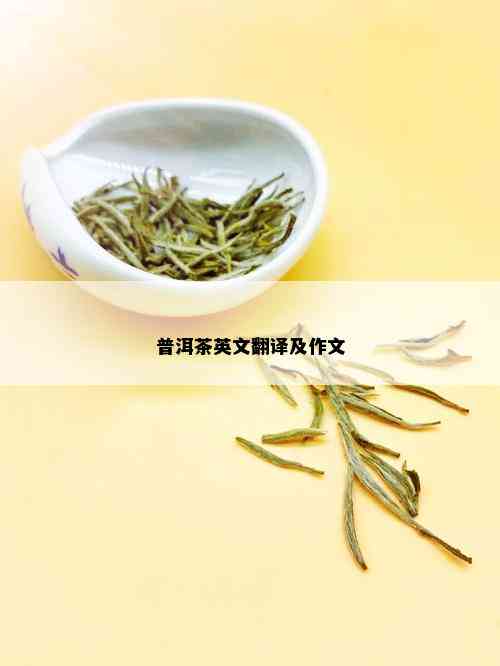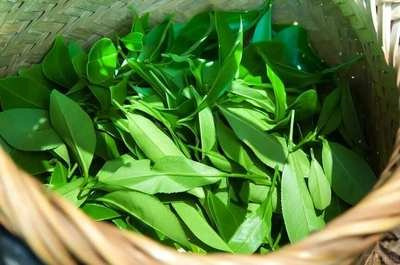Introduction:
Pu-erh tea, a traditional Chinese tea, has gained popularity worldwide for its unique taste and numerous health benefits. In this article, we will explore the translation and composition of Pu-erh tea in English and discuss its significance and cultural importance.
Pu-erh Tea in English:
The translation of Pu-erh tea to English is relatively straightforward. Pu-erh tea is often referred to as such in English texts, retaining its original Chinese name. Some alternate spellings include Pu'er tea or Puerh tea. The name comes from the city of Pu'er in Yunnan Province, China, which is renowned for its production of this tea.
Pu-erh Tea in English Texts:
Pu-erh tea has gained recognition and popularity worldwide. In English texts, it is commonly described as a post-fermented tea, as it undergoes a unique fermentation process after being dried and rolled. This results in a distinct taste and aroma that sets it apart from other types of tea. Pu-erh tea is often praised for its earthy, rich flavor and depth.

Pu-erh Tea in English Language Proficiency Tests:
In language proficiency tests like IELTS or TOEFL, it might be useful to learn the specific English translation of Pu-erh tea. While it is generally acceptable to refer to it as Pu-erh tea, writing Puerh tea or Pu'er tea demonstrates a deeper understanding of the tea's origins and pronunciation, which can impress examiners and showcase cultural knowledge.
Pu-erh Tea in English Writing:
When composing an English essay or article about Pu-erh tea, it is important to delve into its cultural significance and health benefits. Discussing the tea's long history, cultural traditions, and the art of tea-making can provide a comprehensive understanding to English-speaking readers. Additionally, highlighting the potential health benefits and the scientific research supporting these claims can make an essay more informative and captivating.
Conclusion:
In conclusion, Pu-erh tea's translation to English is relatively straightforward, and it is commonly referred to as Pu-erh tea in English texts. When writing about Pu-erh tea in English, it is essential to explore its cultural significance, health benefits, and unique fermentation process. Understanding its translation, using it accurately, and providing comprehensive information can greatly enhance the portrayal of Pu-erh tea to an English-speaking audience.








